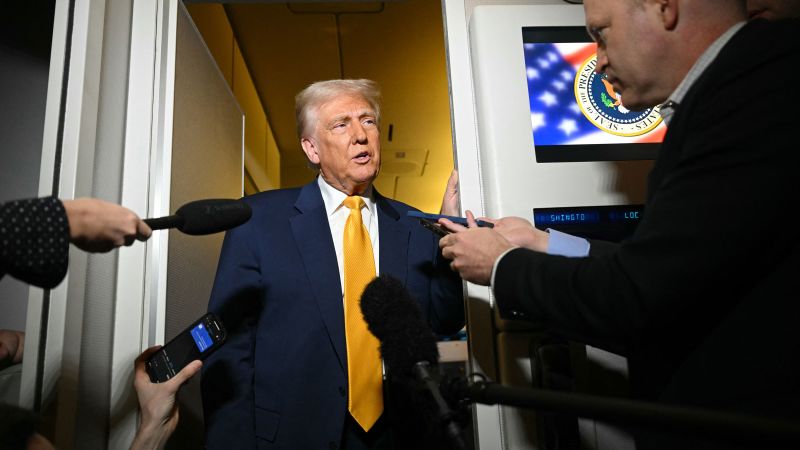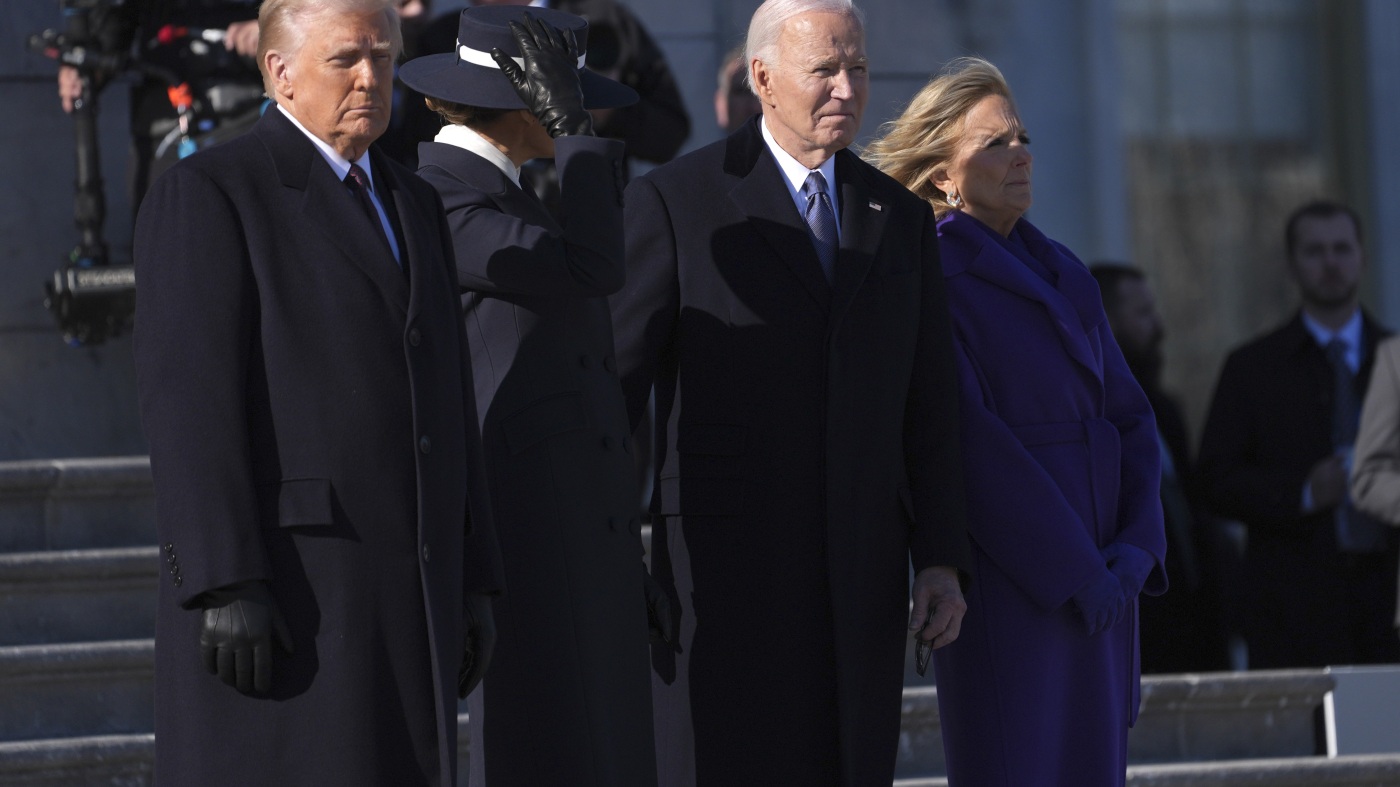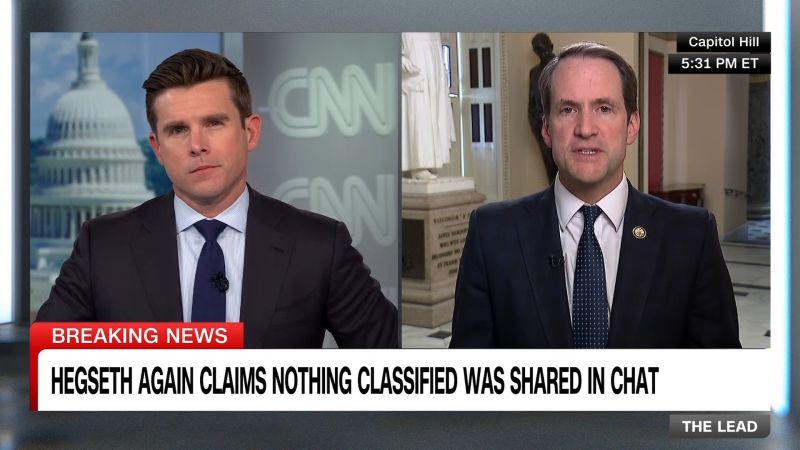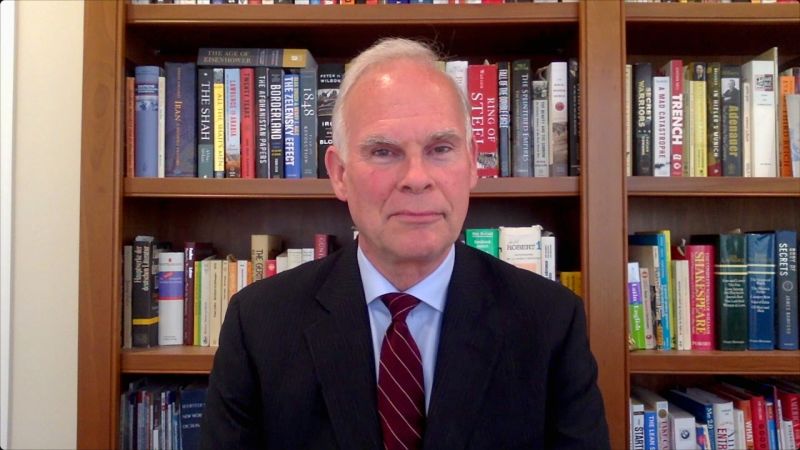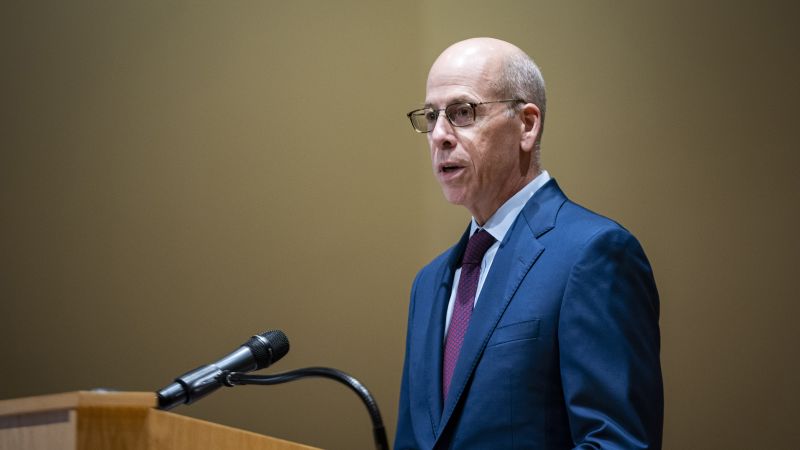Postal Shakeup: Louis DeJoy Steps Down from USPS Leadership
Politics
2025-03-24 22:47:22Content
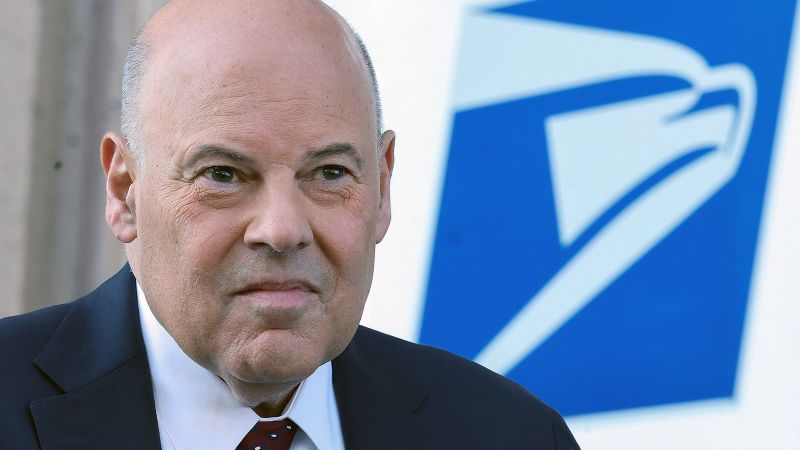
In a significant leadership transition, Louis DeJoy has stepped down from his position as Postmaster General of the United States Postal Service (USPS), departing at a critical moment in the agency's long and storied history. The 250-year-old institution finds itself at a crossroads, facing mounting pressure from political forces advocating for privatization and intense scrutiny from the previous administration.
DeJoy's exit marks the end of a controversial tenure that was characterized by operational changes and heated debates about the postal service's role in modern American society. His departure comes amid ongoing discussions about the future of this essential public service, which has been a cornerstone of communication and commerce since the nation's founding.
The USPS now stands at a pivotal point, navigating complex challenges including financial constraints, technological disruption, and political tensions. DeJoy's resignation opens the door for potential reforms and a renewed approach to managing this vital national infrastructure.
Postal Service Leadership Shake-Up: The Dramatic Exit of Louis DeJoy and the Future of American Mail
In the intricate landscape of federal agencies, few transformations have captured public attention quite like the recent leadership changes at the United States Postal Service. The departure of Louis DeJoy marks a pivotal moment in the agency's 250-year history, signaling potential shifts in operational strategy, political dynamics, and the fundamental role of this critical national infrastructure.Navigating Turbulent Waters: A Postal Service Transformation Unfolds
The Political Backdrop of Postal Service Leadership
The United States Postal Service has long been a complex institution, balancing governmental oversight with operational independence. Louis DeJoy's tenure was characterized by unprecedented controversy, with his leadership style and strategic decisions drawing intense scrutiny from both political circles and postal workers. His approach to modernization and cost-cutting measures created significant tension within the organization, challenging traditional operational norms and sparking widespread debate about the future of mail delivery in America. The political landscape surrounding the Postal Service has been increasingly polarized, with debates ranging from funding mechanisms to potential privatization. DeJoy's leadership represented a controversial approach to addressing the agency's financial challenges, implementing structural changes that were viewed by many as potentially detrimental to the service's core mission of reliable, universal mail delivery.Operational Challenges and Systemic Transformations
The Postal Service has confronted numerous challenges in recent years, including declining first-class mail volumes, escalating operational costs, and technological disruptions. DeJoy's strategic vision aimed to address these fundamental issues through aggressive restructuring and technological integration. However, his methods were frequently criticized as potentially compromising the agency's ability to serve rural and underserved communities. Technological innovations and logistical reimagining have become critical components of the Postal Service's survival strategy. The organization must balance maintaining traditional mail delivery services while adapting to the digital age's rapidly changing communication landscape. DeJoy's departure opens new possibilities for reimagining this delicate balance, potentially introducing leadership more aligned with comprehensive, community-focused strategies.Economic and Societal Implications of Leadership Transition
The leadership transition at the Postal Service carries profound economic and societal implications. With millions of Americans relying on mail services for critical communications, medications, voting materials, and economic transactions, any significant organizational shift can have far-reaching consequences. The agency's role extends beyond mere package and letter delivery, representing a crucial infrastructure component of national communication and connectivity. Economic analysts have long debated the Postal Service's financial model, questioning its sustainability and exploring potential restructuring approaches. DeJoy's exit provides an opportunity to reassess these fundamental economic considerations, potentially introducing more innovative funding and operational mechanisms that could ensure the agency's long-term viability.Future Outlook and Potential Transformations
As the Postal Service stands at a critical juncture, the leadership transition represents more than a mere administrative change. It symbolizes a potential paradigm shift in how the nation conceptualizes and supports this historic institution. The incoming leadership will face the complex challenge of balancing technological innovation, financial sustainability, and the agency's core mission of universal service. The broader implications extend beyond organizational management, touching upon fundamental questions of public service, technological adaptation, and the evolving role of government infrastructure in a rapidly changing digital landscape. The next chapter of the United States Postal Service will likely be defined by its ability to innovate while maintaining its commitment to serving every corner of the nation.RELATED NEWS
Politics

Breaking: Top Communications Strategist Exits PM's Inner Circle After Turbulent Nine-Month Tenure
2025-03-28 10:10:36
Politics
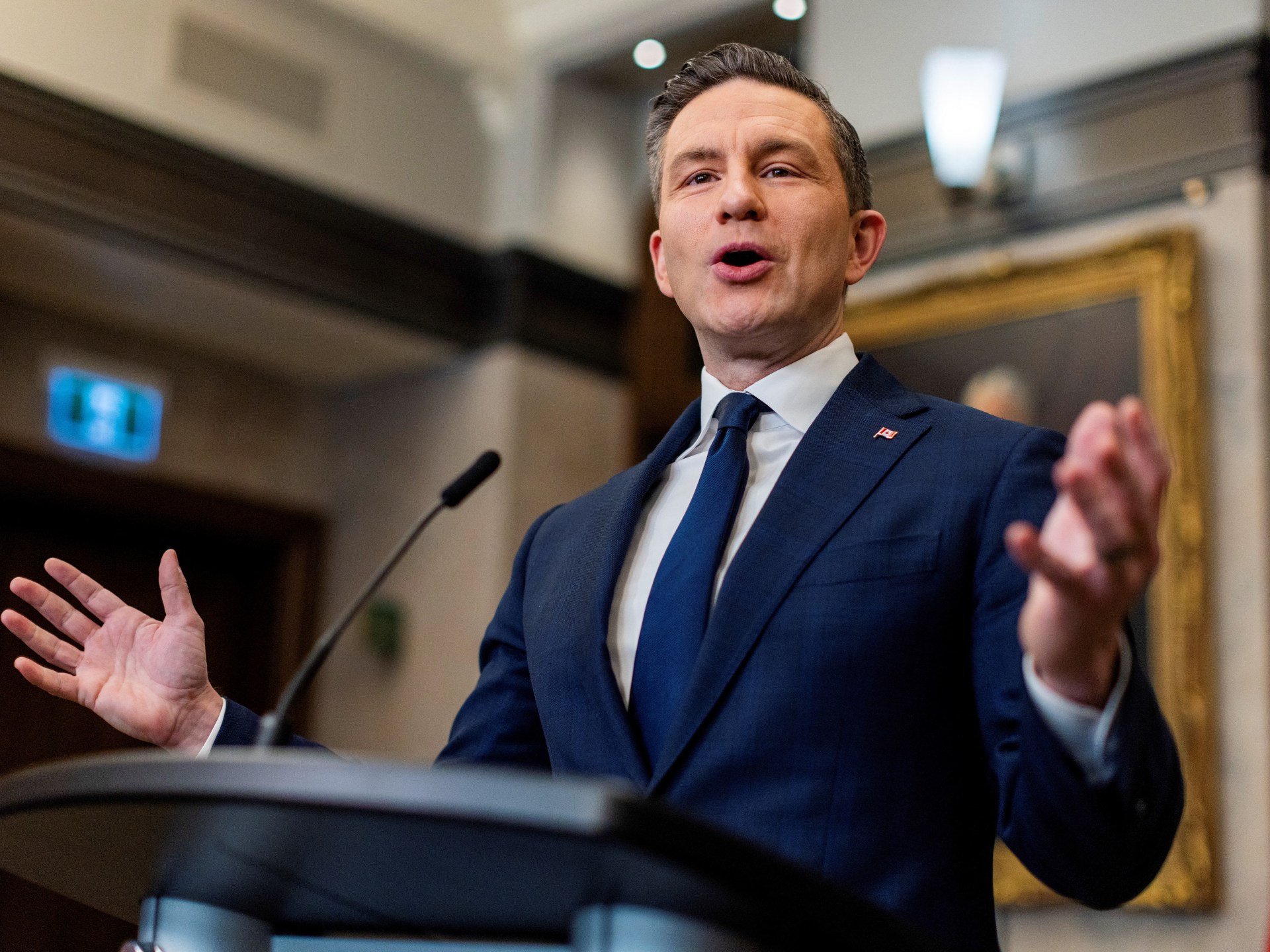
Trump's Shadow: Conservative Leader's Gambit to Revive Political Fortunes
2025-03-19 17:24:46

